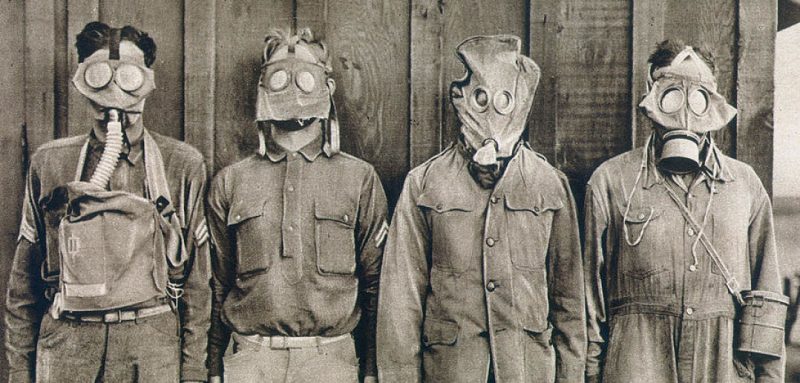The international chemical weapons watchdog says there are still gaps, inconsistencies and discrepancies in Syria’s declaration of its chemical weapons, and the number of issues needing a response has increased. Assad still stockpiles deadly chemical weapons.
The latest report from the Organization for the Prohibition of Chemical Weapons said the Syrian government has remained engaged with the OPCW, but the information it has provided has not resolved the issues.
Deputy disarmament chief Thomas Markram briefed the U.N. Security Council behind closed doors Thursday on the report.
The confirmed use of chemical weapons in the Damascus suburb of Ghouta in August 2013, which killed 1,400 people according to the U.S. government, led to a U.S.-Russian agreement to eliminate Syria’s chemical weapons by mid-2014.
The agreement required Syria to join the OPCW and declare all its chemical weapons and precursors, and there is growing frustration at Damascus’ failure to satisfactorily answer all outstanding questions from the OPCW about its declaration.
U.N. Secretary-General Antonio Guterres reiterated in a letter transmitting the report to the Security Council that all open issues in the declaration must be resolved, and he strongly encouraged the Syrian government to do so.
The OPCW said it was analyzing responses from Syria sent on July 10 to questions about chemical weapons-related activities at the Scientific Studies and Research Center.
Syria has been accused repeatedly of using chemical weapons in the seven-year civil war, including in April in the town of Douma.
Assad Still Stockpiles Deadly Chemical Weapons
In an interview in June with Russia’s state-controlled NTV television channel, Assad said that his regime got rid of all its chemical weapons in 2013 and that allegations of their use are a pretext for invasion by other countries.
The Security Council established a joint U.N.-OPCW investigative team in August 2015 to determine responsibility for chemical attacks in Syria.
The Joint Investigative Mechanism accused Syria of using chlorine gas in at least two attacks in 2014 and 2015 and the nerve agent sarin in an aerial attack on Khan Sheikhoun in April 2017 that killed about 100 people and affected about 200 others. The Khan Sheikhoun attack led to a U.S. airstrike on a Syrian airfield.
The JIM also accused the Islamic State extremist group of using mustard gas twice in 2015 and 2016.
Russia vetoed a Western-backed resolution last November that would have renewed the JIM mandate, leaving no way to determine accountability for chemical attacks in Syria.
The JIM’s Western supporters then started a campaign to expand the OPCW’s investigations, which were limited to determining if chemical weapons were used in Syria, to authorize the watchdog to determine responsibility as well.
On June 27, OPCW member nations voted to give the organization authority to determine blame for chemical attacks for the first time, over strong objections from Russia and Syria.
Britain’s U.N. Ambassador Karen Pierce, the current council president and a strong supporter of accountability for chemical attacks, told reporters Thursday that “those responsible cannot escape identification” and the United Kingdom is “committed to securing justice for victims.”
Pierce further said:
It is in our collective shared interest that we prevent the use of chemical weapons in Syria and to uphold and defend the global consensus that these weapons should never be used. We will respond appropriately to any further use of chemical weapons in Syria.
AP contributed to this story



COMMENTS